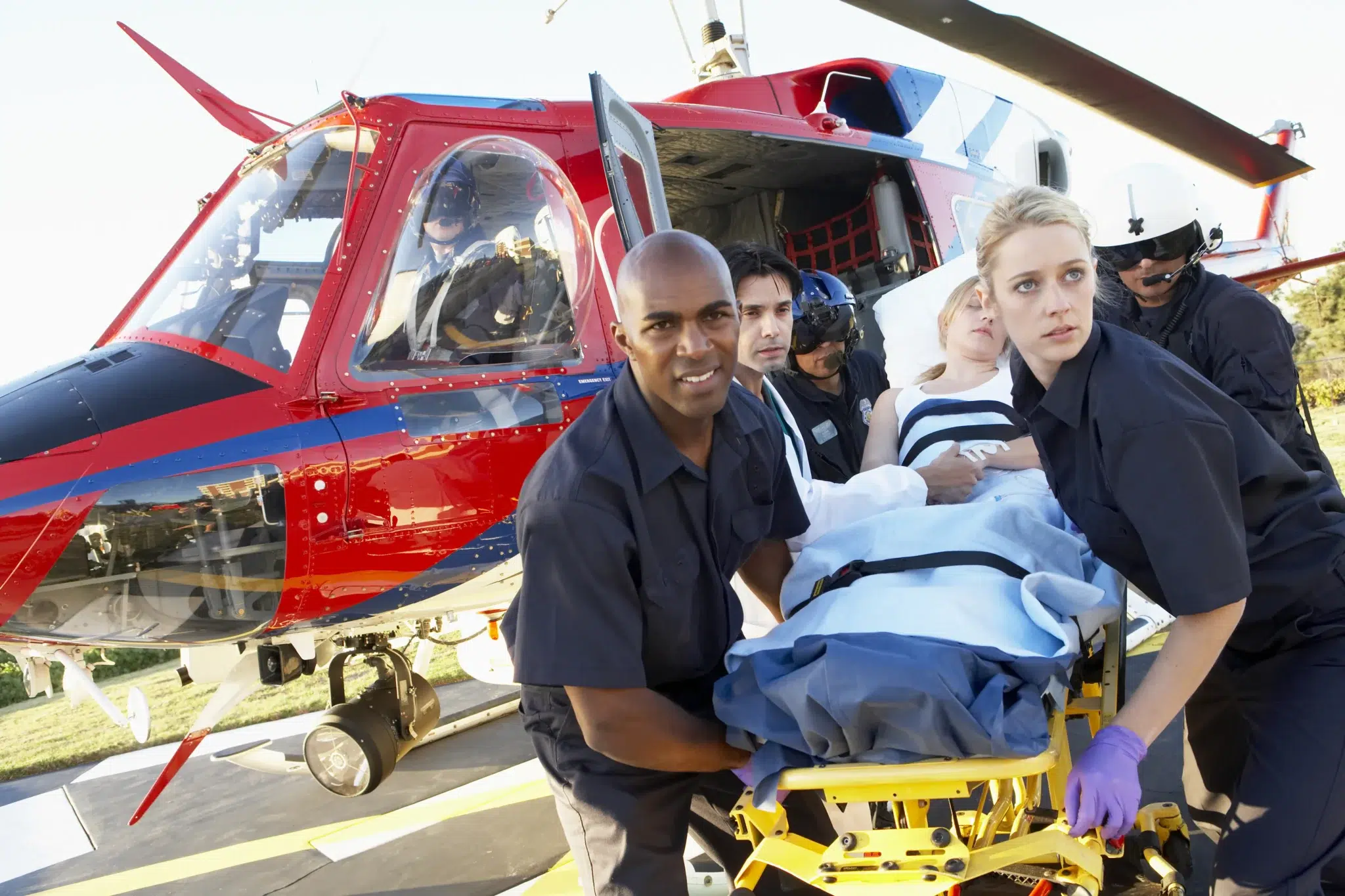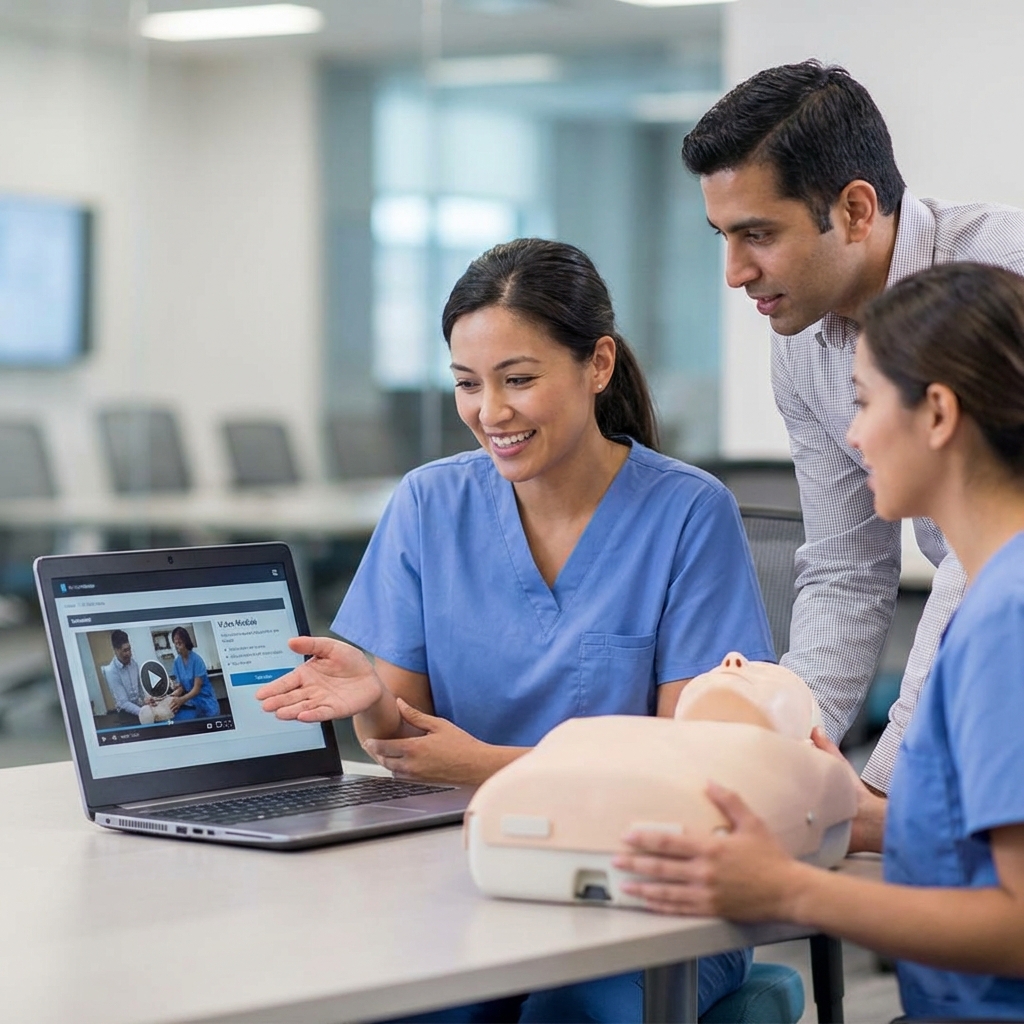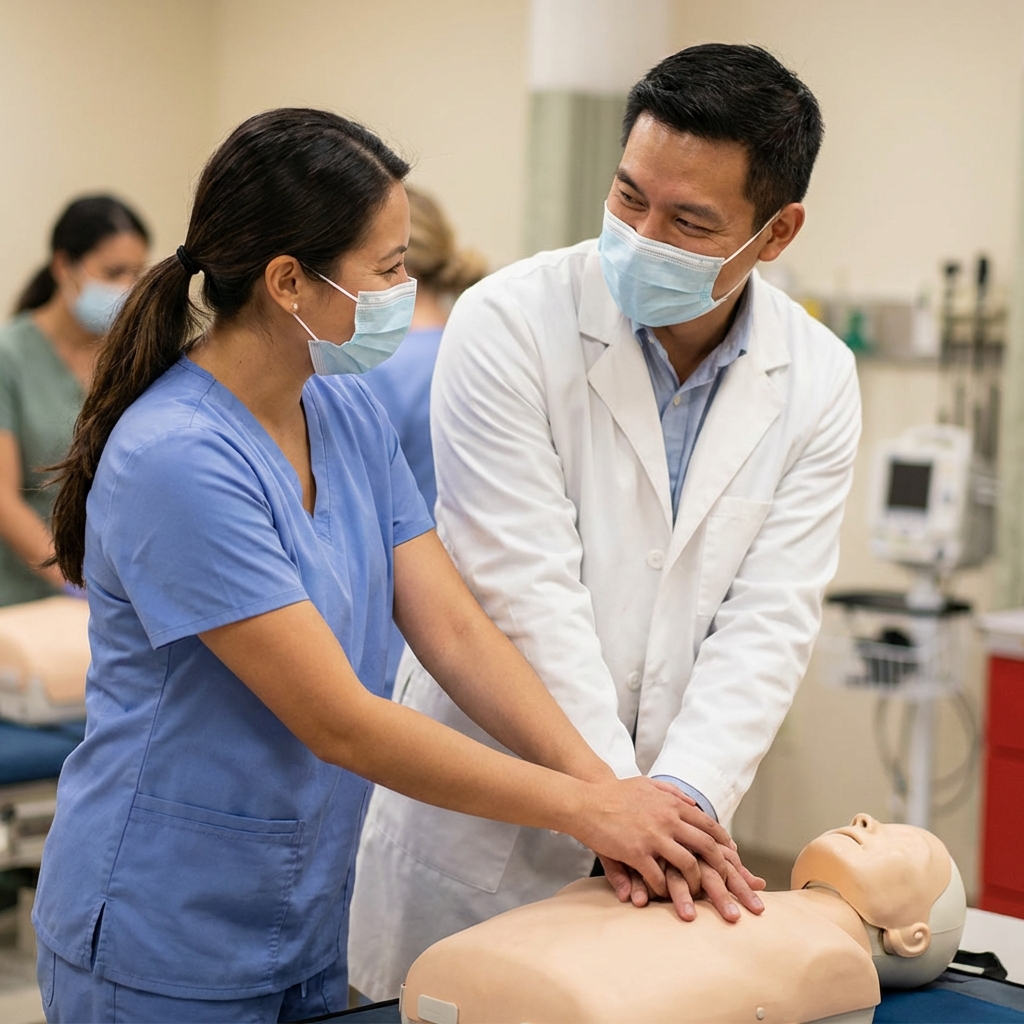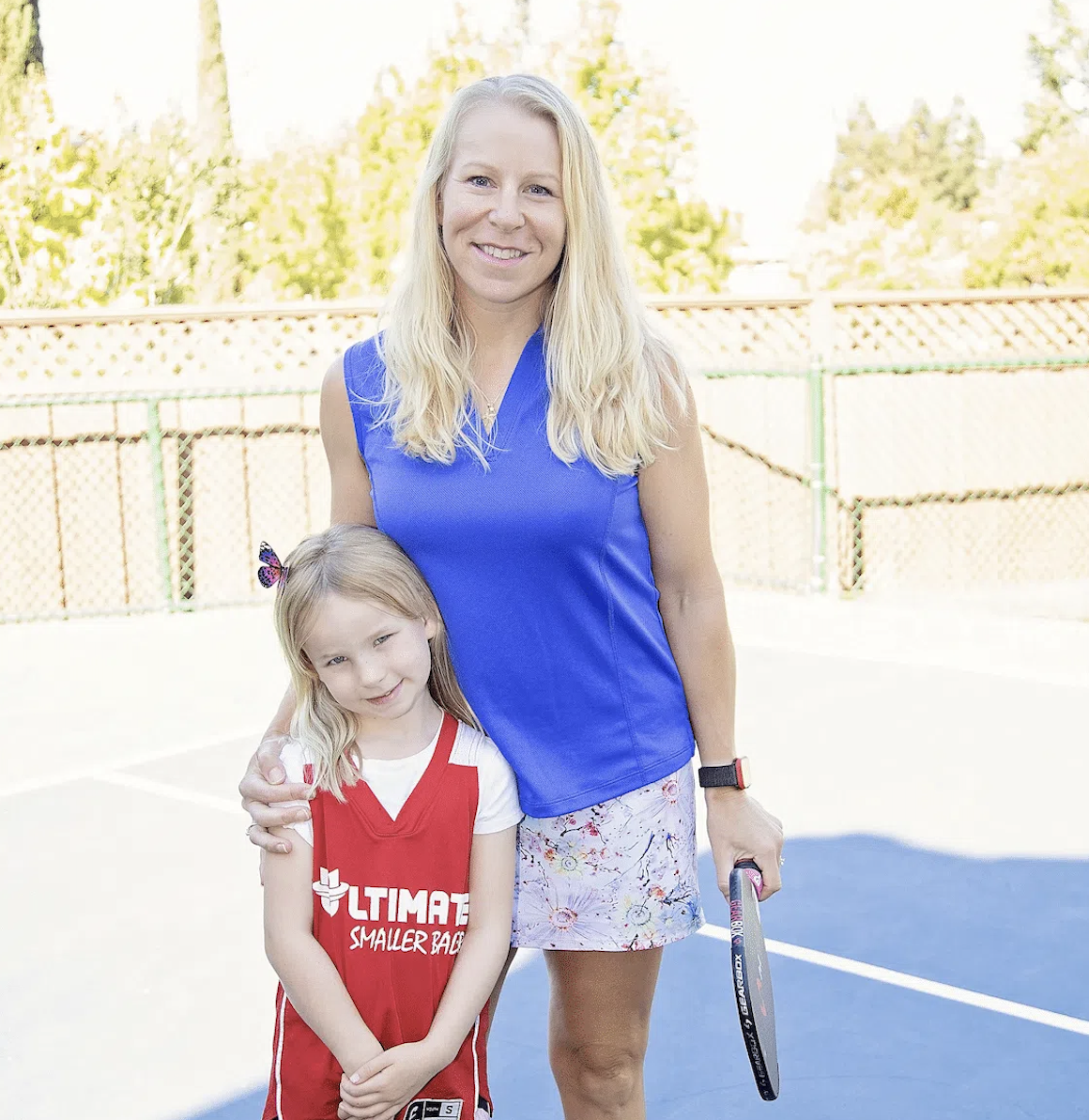Working in healthcare, especially with young patients, means being ready for anything. Pediatric Advanced Life Support (PALS) certification gives you the confidence and skills to handle pediatric emergencies. But finding the time for training can be tough. That’s why online PALS classes in San Francisco are such a game-changer. They offer the flexibility you need to fit training into your busy schedule, so you can provide the best possible care. This article explores the benefits of online PALS training, helps you find the right course in San Francisco, and guides you through the enrollment process. We’ll also highlight Safety Training Seminars, a leading provider of PALS certification in the area.
Key Takeaways
- PALS certification is essential for healthcare professionals treating infants and children. It provides the knowledge and skills to manage pediatric emergencies, often a required credential for working with young patients. Online courses offer a flexible path to earning this certification.
- Choosing the right online PALS course requires careful consideration. Look for accredited programs with blended learning formats, a comprehensive curriculum, and competitive pricing. Features like same-day certification and continuing education credits add further value.
- Safety Training Seminars offers accessible and high-quality PALS training in San Francisco. With flexible scheduling, a low price guarantee, and experienced instructors, they provide a convenient and affordable option for healthcare providers in San Francisco, Daly City, San Mateo, and Oakland.
What is PALS Certification?
What is PALS and Why is it Important?
Pediatric Advanced Life Support (PALS) certification is a specialized course designed to equip healthcare providers with the skills to effectively manage pediatric emergencies. It focuses on a systematic approach to assessing and treating critically ill infants and children. For professionals working with young patients, PALS certification isn’t just beneficial—it’s often a required credential. It demonstrates a commitment to providing high-quality care and builds confidence in responding to life-threatening situations. PALS training covers various topics, from respiratory distress and cardiac arrest to shock and post-resuscitation care. This specialized training emphasizes early recognition and intervention, ultimately improving patient outcomes.
Benefits of Online PALS Training
Online PALS certification offers a convenient and flexible way to gain these essential skills. Busy healthcare professionals can study at their own pace, fitting the coursework around their demanding schedules. Online PALS courses typically include interactive modules, simulations, and case studies, providing a comprehensive learning experience. This format allows students to review material as needed and focus on areas where they need extra practice. Many online programs offer blended learning options, combining online coursework with in-person skills sessions for a well-rounded approach. This flexibility makes online PALS training an accessible option for professionals juggling work, family, and other commitments.
Common Challenges and Solutions
One of the biggest hurdles healthcare providers face when pursuing PALS certification is finding the time to complete the training. Balancing work, family, and other obligations can make it difficult to dedicate time to studying. Fortunately, online PALS courses offer a solution. The flexibility of online learning allows professionals to study whenever and wherever they have free time. Another common challenge is the cost of certification. However, many online providers offer competitive pricing and payment plans, making PALS certification more accessible.
Find the Right PALS Course
So, you’re ready to get your PALS certification—fantastic! Now comes the task of finding the right course. This section breaks down what to look for and highlights some leading providers in San Francisco.
Leading Online PALS Providers in San Francisco
Several organizations offer PALS certification in San Francisco, each with its own approach. Here are a few reputable providers to get you started:
Safety Training Seminars
Safety Training Seminars offers PALS certification courses designed for a range of healthcare professionals working with pediatric patients. They understand the demands on healthcare providers and strive to offer flexible scheduling and comprehensive training. See their PALS course details for more information.
HeartStart CPR
HeartStart CPR provides American Heart Association PALS certification and recertification classes throughout the San Francisco Bay Area. They focus on a supportive learning environment and offer various schedules to accommodate busy professionals. Learn more on their PALS classes page.
ACLS Bay Area
ACLS Bay Area offers PALS training with an emphasis on convenience and a comprehensive curriculum. They aim to make training accessible for busy healthcare providers. Visit their website for course details.
San Francisco CPR Classes
San Francisco CPR Classes provides both initial PALS certification and renewals. They offer a blended learning format, combining online coursework with in-person skills testing, which can be especially helpful for those balancing work and other commitments. Find their PALS certification options to see if it’s a good fit.
Course Format and Duration
Most PALS courses use a blended learning format, combining online learning with hands-on skills practice and testing. This lets you learn the material at your own pace before demonstrating your skills in person. The online portion typically takes six to eight hours, while the in-person skills session and testing usually last around two to three hours. While the benefits of online learning are numerous, choose a program that balances flexibility with thorough preparation for the hands-on portion.
Cost of PALS Certification & Recertification
The cost of PALS certification and recertification varies by provider and course format. Expect to pay between $190 and $290 for PALS certification. Some providers, like Safety Training Seminars, offer a low price guarantee, so compare pricing and what’s included before deciding. Recertification courses are usually less expensive than initial certification. Always confirm pricing and any included materials (like study guides or pocket masks) with the training provider.
Choose the Best Online PALS Class
Finding the right online PALS class means looking at a few key things to make sure you’re getting top-notch training and a recognized certification. Here’s a breakdown of what to consider when you’re choosing a provider.
Key Considerations When Choosing a Provider
Accreditation and Recognition
The most important thing is to choose a provider that offers accredited and recognized PALS certification. This ensures your certification meets industry standards and is accepted by employers. You want a credential that holds weight, so you can feel confident providing care. For healthcare professionals, maintaining high standards of education and credible credentials is key, and online courses can offer both (Medtigo).
Blended Learning Options
Online PALS courses often use blended learning, combining online material with in-person skills sessions. This format gives busy professionals flexibility, letting you work through the coursework at your own speed before demonstrating your skills. Look for programs with convenient online modules and hands-on practice (ACLS).
Same-Day Certification
Many providers get that you need your certification quickly and offer same-day PALS certification. This gets your certification card in your hands right after you finish the course, so you can quickly meet job requirements or update your credentials.
Comprehensive Curriculum
A good PALS course should cover a comprehensive curriculum, including essential topics like child and infant CPR, airway management, and treatment protocols for different pediatric emergencies. Make sure the course content aligns with the latest American Heart Association guidelines.
Cost-Effectiveness
Think about the total cost of the course, including the online part, the skills session, and certification fees. Look for providers with competitive pricing that don’t cut corners on the quality of instruction. Safety Training Seminars offers PALS certification for $290, covering everything you need.
Continuing Education Credits
If you need continuing education credits, check if the provider offers CEs for healthcare professionals. These credits can help you maintain your license and show your commitment to ongoing professional development. Some providers offer CEs for different healthcare fields, like registered nurses, EMS personnel, and pharmacists (HeartStart CPR).
Why Choose Safety Training Seminars?
Flexible Scheduling
Safety Training Seminars offers flexible scheduling to fit busy schedules. With classes available seven days a week, you can find a time that works for you. We offer PALS classes throughout the week at different San Francisco locations.
Price Matching Guarantee
We know affordable training is important. Safety Training Seminars offers a low price guarantee and will match competitor pricing to make sure you’re getting the best value.
Expert Instructors
Our instructors are experienced healthcare professionals who are dedicated to providing great training. They create a supportive learning environment where you can build confidence and learn the skills you need to provide effective pediatric advanced life support. The best online PALS certification courses are developed by reputable organizations and healthcare institutions, ensuring expertise in pediatric care and emergency medicine.
Enroll in an Online PALS Course
How to Enroll
PALS certification is designed for healthcare providers—pediatricians, emergency physicians, nurses, paramedics, and respiratory therapists—who work with pediatric patients. Enrolling in an online PALS course is straightforward. Many providers, including Safety Training Seminars, offer online registration through their websites. You can typically find the course schedule and select a date that works for you. Check with your employer to see if they offer PALS training or cover certification costs.
Discounts and Promotions
Before committing to a course, explore potential discounts. Some providers offer group, student, or early registration discounts. Safety Training Seminars offers a low price guarantee and price matching in San Francisco.
Optimize Your Online Learning
Online PALS courses offer flexibility for busy professionals. To make the most of your online learning, create a dedicated study space free from distractions. Break down the course material into manageable chunks and review the content regularly. Take advantage of any practice exams or quizzes.
Prepare for Your Skills Assessment
Online PALS courses often involve blended learning, combining online coursework with a hands-on skills assessment. Before your in-person skills check, ensure you’ve trained using the latest AHA PALS guidelines and understand pediatric CPR. Review the skills checklist and practice the necessary techniques. A good online course will prepare you for this important step.
Local San Francisco Regulations
Safety Training Seminars offers PALS classes seven days a week, from 7 am to 6 pm, at various San Francisco locations. This convenience helps residents of nearby cities—Daly City, San Mateo, and Oakland—find a class that fits their schedule. Contact Safety Training Seminars directly to confirm the latest schedule and location availability.
While online PALS classes offer the flexibility busy professionals need, supplementing your education with in-person instruction can be invaluable. Consider enrolling in BLS CPR Classes in San Rafael or checking out BLS CPR Classes in Oakland for a more hands-on learning experience.
Related Articles
- PALS Certification in San Francisco: Your Complete Guide – San Francisco CPR Classes
- HeartCode PALS SF: Your Certification Guide – San Francisco CPR Classes
- PALS Classes in San Francisco (Mission Bay) – San Francisco CPR Classes
- BLS, ACLS, PALS, CPR & First-aid Classes in San Francisco, CA
- BLS Courses in San Francisco: The Complete Guide – San Francisco CPR Classes
Frequently Asked Questions
What’s the difference between PALS and BLS certification?
While both PALS and BLS certifications teach CPR, they cater to different age groups and situations. BLS (Basic Life Support) focuses on providing CPR for adults, children, and infants in a wide range of settings. PALS (Pediatric Advanced Life Support) builds upon BLS skills and specifically addresses the advanced life support needs of infants and children. PALS delves deeper into the physiological differences between children and adults, emphasizing specialized interventions for pediatric emergencies. If you work specifically with children, PALS certification is usually recommended or required.
How long does PALS certification last?
PALS certification is typically valid for two years. After that, you’ll need to take a PALS recertification course to keep your skills current and your certification active. Recertification courses are usually shorter than the initial certification course, focusing on refreshing your knowledge and skills.
Is online PALS certification accepted everywhere?
Most employers accept online PALS certification, especially those offering a blended learning format that includes a hands-on skills assessment component. This blended approach ensures you have both the theoretical knowledge and the practical skills to handle pediatric emergencies effectively. It’s always a good idea to check with your employer or licensing board to confirm their specific requirements.
What if I don’t have a medical background? Can I still get PALS certified?
PALS certification is primarily designed for healthcare providers who regularly work with infants and children. While individuals without a medical background can technically take a PALS course, the content is geared towards those with a foundation in healthcare. If you’re interested in learning basic life support skills, a BLS certification course might be a better fit.
How can I find a reputable PALS provider near me?
Start by searching online for “PALS certification” along with your city or region. Look for providers accredited by the American Heart Association. Check reviews and compare course offerings, including schedules, formats, and costs. Don’t hesitate to contact providers directly to ask questions and ensure they meet your needs. Word-of-mouth referrals from colleagues or other healthcare professionals can also be helpful in finding a reputable provider.









